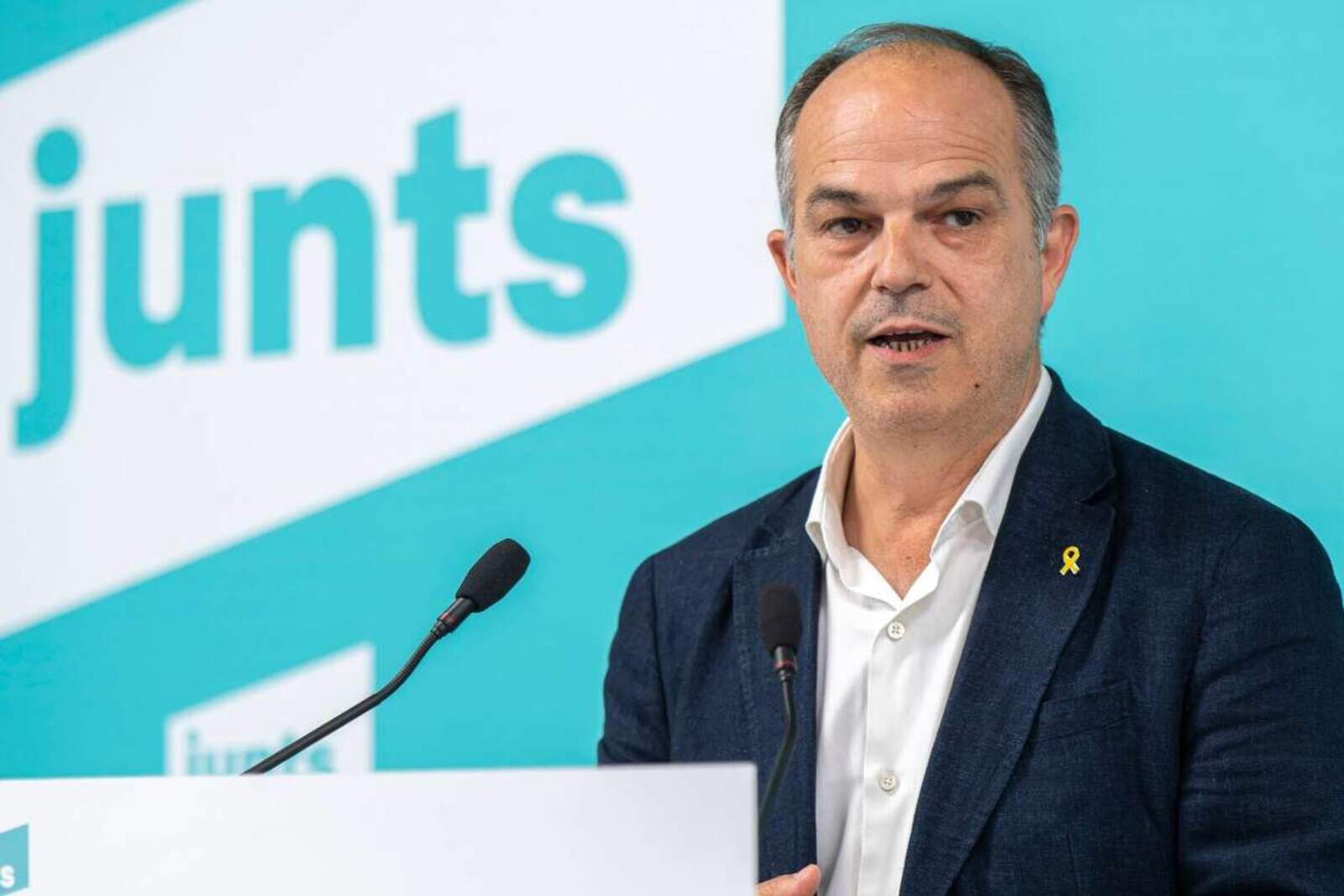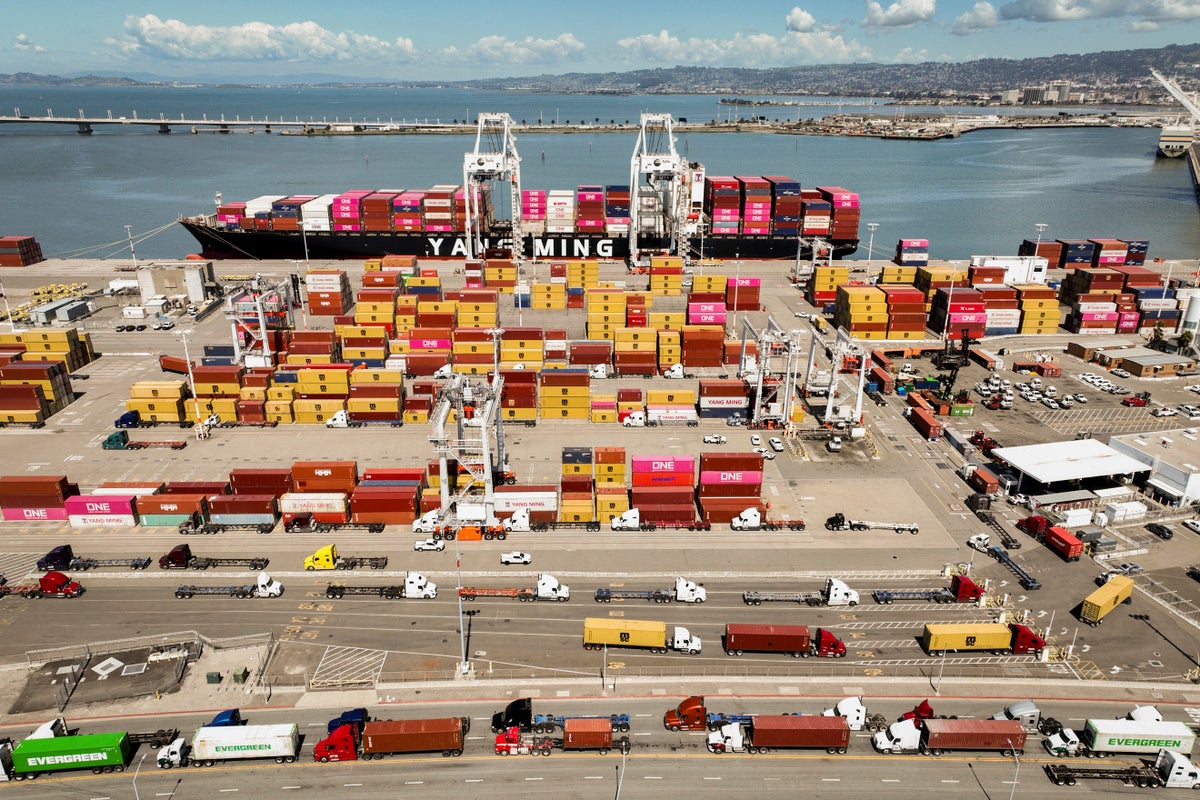If Wednesday was indeed Liberation Day in America, perhaps Thursday represents the hangover. Before markets opened, with futures trading showing some serious signs of impending negative economic reaction, President Donald Trump proclaimed his unilateral decision to hike tariffs was going precisely according to plan. “The operation is over! The patient lived, and is healing.
The prognosis is that the patient will be far stronger, bigger, better, and more resilient than ever before. Make America great again,” Trump wrote with his caps lock stuck on. An hour later, the Dow Jones opened down by over 1,200 points.

It would go on to close the day at 40,545.93 and down by 1,679.39 points.
The S&P 500 closed at 5,396.52, down by 274.45 points, while the Nasdaq fell 1,050.
44 points to close at 16,550.60. By the time the dust settled, U.
S. stockholders had seen more than $3 trillion in value vanish. This represents the worst single-day stock decline seen since the start of the COVID-19 pandemic, during the final March of Trump’s previous term .
The president seemed unbothered by the market’s reaction to his tariffs. “I think it’s going very well — The MARKETS are going to BOOM,” Trump wrote in the closing hour of trading, capitalization his. Standing next to Air Force One on Thursday afternoon, Trump told gathered pool reporters that, very soon, other countries would begin calling the United States to “make a deal” in order to avoid the “reciprocal” tariffs.
“They’ve taken advantage of us for many, many years. For many years, we’ve been at the wrong side of the ball and, I’ll tell you what, I think it’s going to be unbelievable,” he said. “Our country’s gonna boom.
” Trump suggested he may be willing to work with other nations to help them avoid the tariffs, but only “as long as they are giving us something that is good.” “The tariffs give us great power to negotiate. They always have.
I’ve used them very well in the first administration,” he said. U.S.
Trade Representative Jamieson Greer said via social media that the tariffs represent a correction to the longstanding trade deficits maintained by the United States. “Under the Biden administration’s watch, our trade deficit soared to $1.2 trillion in 2024.
This is not sustainable. President Trump is correcting long-standing trade imbalances caused by non-reciprocal trade relationships by imposing tariffs to level the playing field for American workers,” he said . According to Greer, the inevitable result of tariffs will be the reshoring of American jobs lost to unfair trade practices.
“For decades, the trade status quo has allowed countries to use unfair trade practices to get ahead at the expense of hardworking Americans. President Trump is revolutionizing our trade policy to put the American economy, the American worker, and our national security first,” he said . Maggie Switek, an economist and senior director of research at the nonpartisan Milken Institute , told the Herald that Trump’s plan is best viewed through a long lens, and that consumers should not lose their heads over “short term” market reactions to the new trade policies.
“A little bit of rebalancing, I think, is the hope behind the tariffs that we have seen,” she said. “To what extent this will actually attract investment back into the U.S.
, well that is something that is yet to be seen. Right now we are just seeing very short-term reactions, the longer-term reactions are something that we’ll need to follow.” Switek had the same advice for foreign nations considering retaliatory action of their own — don’t jump to respond when Trump’s plans could change at any moment.
“Not freaking out is a good idea. A cautious approach to this would be, probably, the best response,” she said. The economist offered the example of Mexico.
While our Canadian neighbors to the north had a very public row with President Trump over his tariff plans, Mexican President Claudia Sheinbaum Pardo worked behind the scenes to change Trump’s mind. Other nations may want to try the carrot, before they offer the stick, Switek said. It’s worth noting, she said, that Mexico was not listed among the nations facing reciprocal tariffs, despite its massive trade deficit with the U.
S. “What we saw yesterday is that Mexico is not on the list,” she said. “So, clearly, that kind of cautionary or nuanced approach has so far been positive for Mexico’s relationship with the United States.
” Nevertheless, she said, regardless of how nations choose to respond to the U.S., the tariffs may cause them to reach out to their other trade partners to form stronger relationships.
“One thing we may see as a response to this is the strengthening of ties among other countries and among other economies, making for a more robust and resilient global economy in the long term,” she said..
Politics

Trump says the economy is ‘healing’ as tariffs hammer markets

If Wednesday was indeed Liberation Day in America, perhaps Thursday represents the hangover from the unofficial occasion.















